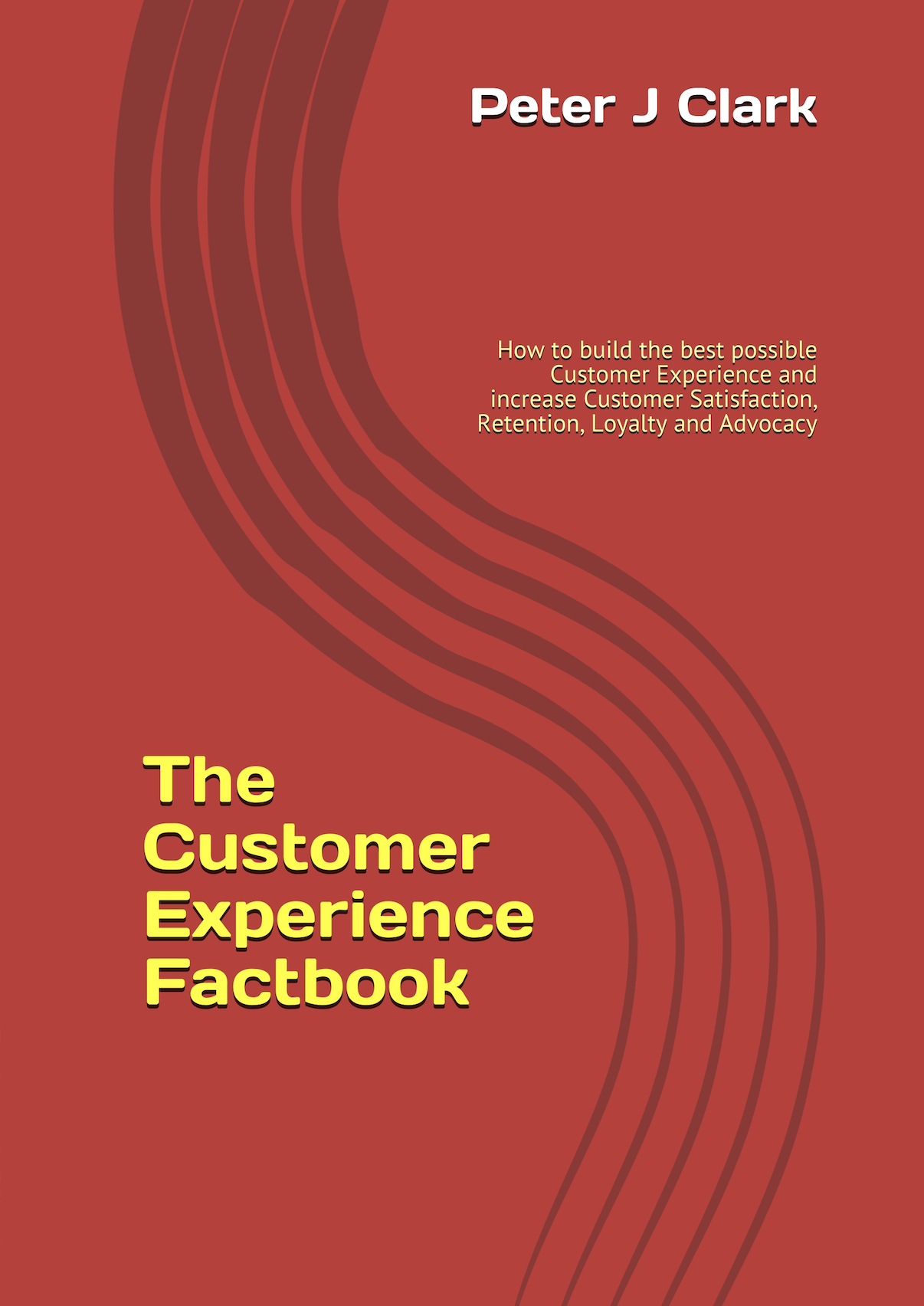Consumers distrust brands despite 'loyalty' programs
But distrust may be mitigated through better relevance
Consumers are somewhat skeptical of how brands use their data, but omni-channel loyalty programs could offer a competitive advantage and the opportunity to rebuild trust through relevance, according to a study by CrowdTwist.
The research report, entitled 'Engaging Consumers in an Age of Increasing Brand Distrust', examined consumer attitudes towards so-called loyalty programs, as well as brand engagement, emerging technologies, and shopping experiences.
Consumers said they are "skeptical of sharing data with brands" and are "reluctant to try new technologies designed to enhance brand experiences". However, a more engaging kind of omni-channel loyalty program appears to be more valued by consumers, offering brands an opportunity to capture increasingly rich, opt-in customer data.
Among the main findings of the report:
- Only 46% of consumers (and 50% of Millennial and Gen Z consumers) are willing to share their data in exchange for personalized experiences. Consumers have become increasingly wary of how brands use their data. This represented a significant change from the previous year when 98% of the Millennial and Gen Z consumers CrowdTwist surveyed said that they were willing to share their personal information.
- Only 34% of the consumers surveyed have purchased something that was recommended to them by a brand in the past six months. This indicates that, broadly speaking, brands are not effectively collecting or using data to personalize experiences for customers.
- Most consumers prefer to shop online, but 41% also shop in-store and 76% of consumers want to be awarded points for walking into a brand location, restaurant, gym or store. This suggests that brands still need to invest more in an omni-channel presence and provide a more seamless brand experience across all channels.
- 63% of consumers said they are more likely to shop with a brand that offers a loyalty program, and 78% of consumers said they are active in at least one loyalty program. Surprisingly, 57% said they have at least one loyalty app installed on their phone.
- 86% of affluent consumers are active in at least one loyalty program, which suggests that loyalty programs could be beneficial for high end and luxury brands. It's worth noting that this group also redeems rewards at a higher rate than other income brackets.
- About 9 out of 10 consumers (89%) said they want discount rewards from a loyalty program. Furthermore, 79% felt that discounts and cash back are the most important components of a loyalty program.
- Interestingly, 84% of consumers said they would be quite willing to complete a survey as part of a loyalty program. This kind of engagement activity helps drive better personalization.
- Another 55% of consumers wanted to be rewarded for visiting a brand's website and 51% for playing a brand-based game.
"This survey provides a comprehensive overview of consumer trends as they pertain to brand loyalty, and uncovers interesting insight: The effects of data mismanagement and poorly executed personalization has left consumers feeling skeptical," said Scott Matthews, CEO of CrowdTwist. "Omnichannel loyalty programs however, offer an opportunity for brands to rebuild trust and create more meaningful relationships with customers through permission-based data capture and personalization."
In fact, Matthews' view is affirmed by the fact that consumers are willing to complete a range of engagement activities (such as surveys or games) in exchange for program perks and rewards. Loyalty programs also provide a competitive advantage, especially for brands with an affluent target customer base. According to Matthews, "Our research also strengthens the view that there's growing need for brands to operate seamlessly through digital, social and in-store channels, maintaining the same identity and experience throughout."
Sources: CrowdTwist / The Marketing Factbook.
Copyright © 2018 - 2025 The Marketing Factbook.
Categorised as:
- Customer Experience
- Customer Loyalty
- Knowing The Customer
- Marketing Know-How
- Marketing Technology
